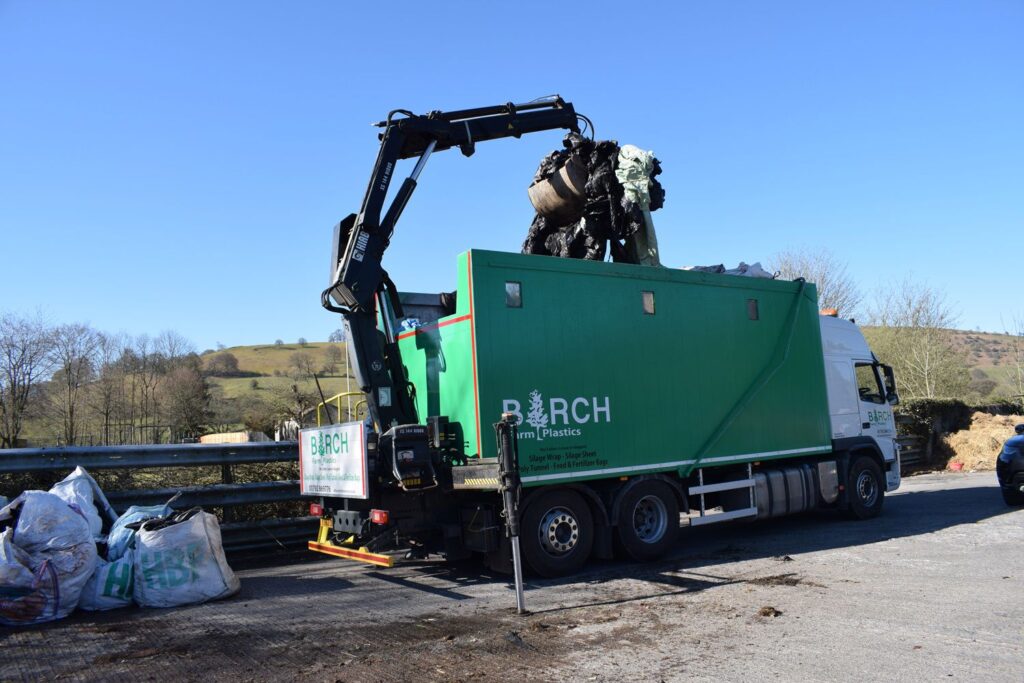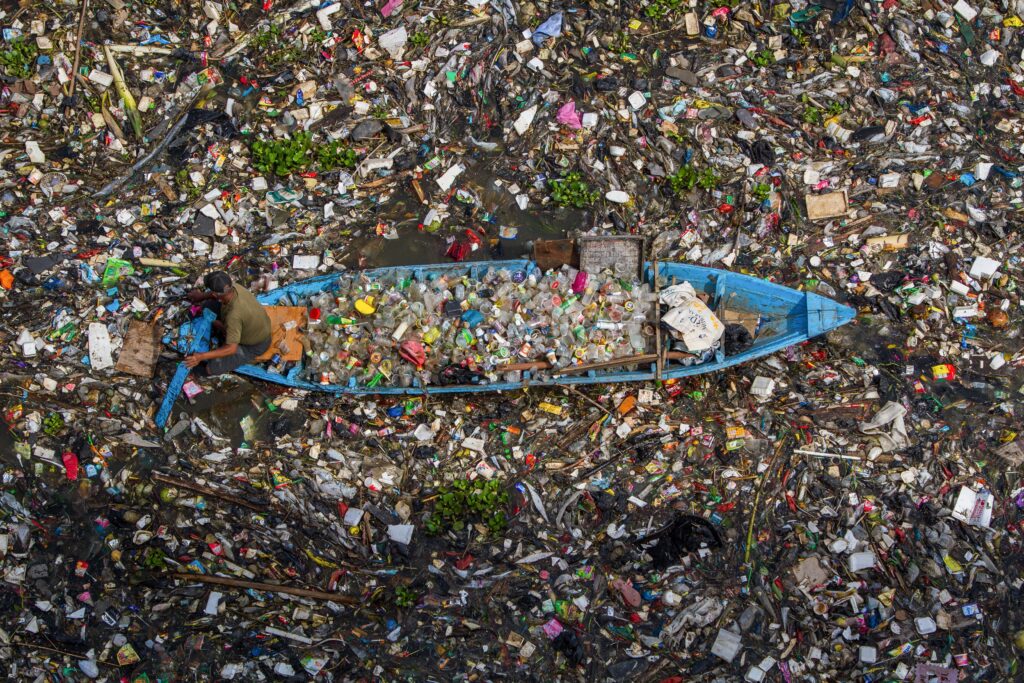The European Parliament is currently considering the proposed directive, which sets recycling and recovery targets for electronic and electrical equipment. The European Council of Ministers agreed a common position in June 2001 and the European Parliament's Environment Committee voted yesterday (March 21) to include the European Council's proposals on responsibility. These state that remaining producers shall finance the recycling of products from those producers that have disappeared. The European Parliament will have a plenary vote on the WEEE directive April 9.
But manufacturers are concerned that collective responsibility for “historical waste” or orphan products, where the original manufacturer or producer is no longer in business will lead to “free riders”. Electrolux said that Parliament's decision to make remaining producers responsible is effectively a waste tax.
The company also said that some manufacturers would take advantage of the situation and that remaining manufacturers would have to finance both the recycling of their own products and absorb the cost of recycling the products of free riders. The European Parliament submitted a proposal for individual producer responsibility and Electrolux says that this decision is in direct contradiction with this.
Henrik Sundstrm, vice president environmental affairs at Electrolux, said: “I am highly concerned by the proposal to make existing companies finance the recycling of products of companies that disappear or where the producer can no longer be identified. We are convinced that this formulation is incorrect.
“I know of no other legislation that prescribes that the costs associated with actors that circumvent legislation should be transferred to those that assume their responsibilities. We are convinced that well-formulated legislation, without loopholes, is key to the success of producer responsibility. Penalties should apply to the dishonest, not to the honest.”
Manufacturers also fear that collective responsibility will lead to a growth in cheap imported products as non-EU producers will not have responsibility for products and so will not have to pay for their eventual collection and treatment. And as manufacturers will have to pay for waste products they have not manufactured (orphan products), they say that collective responsibility means there would be no incentive to improve product design.







Subscribe for free